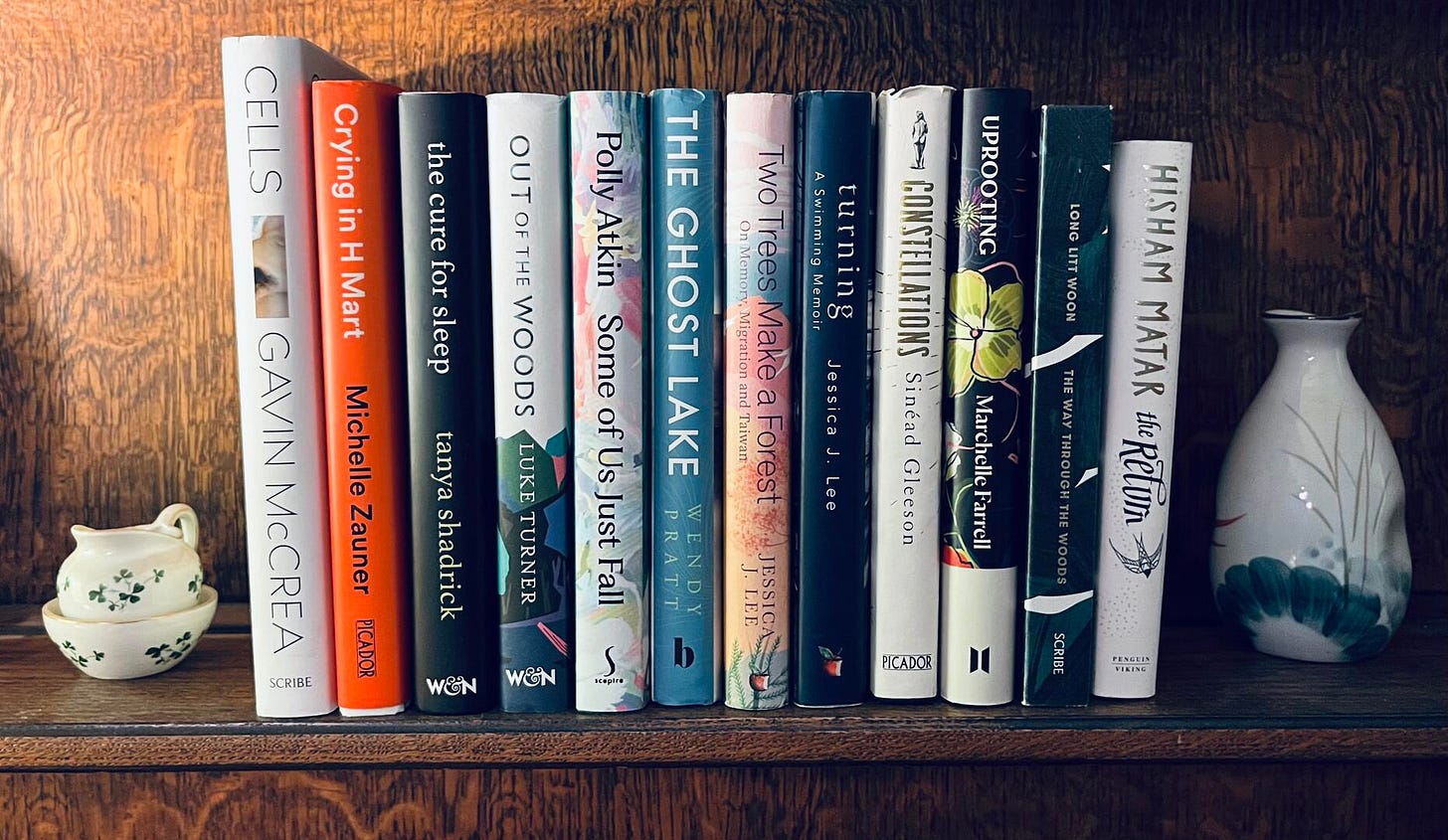Hi lovelies,
I'm jumping in quickly to respond to various discussions I've seen this week regarding memoirs from
and , among others. The ‘memoir is dead’ conversation, which originated with publisher…Keep reading with a 7-day free trial
Subscribe to Portobello Literary to keep reading this post and get 7 days of free access to the full post archives.





